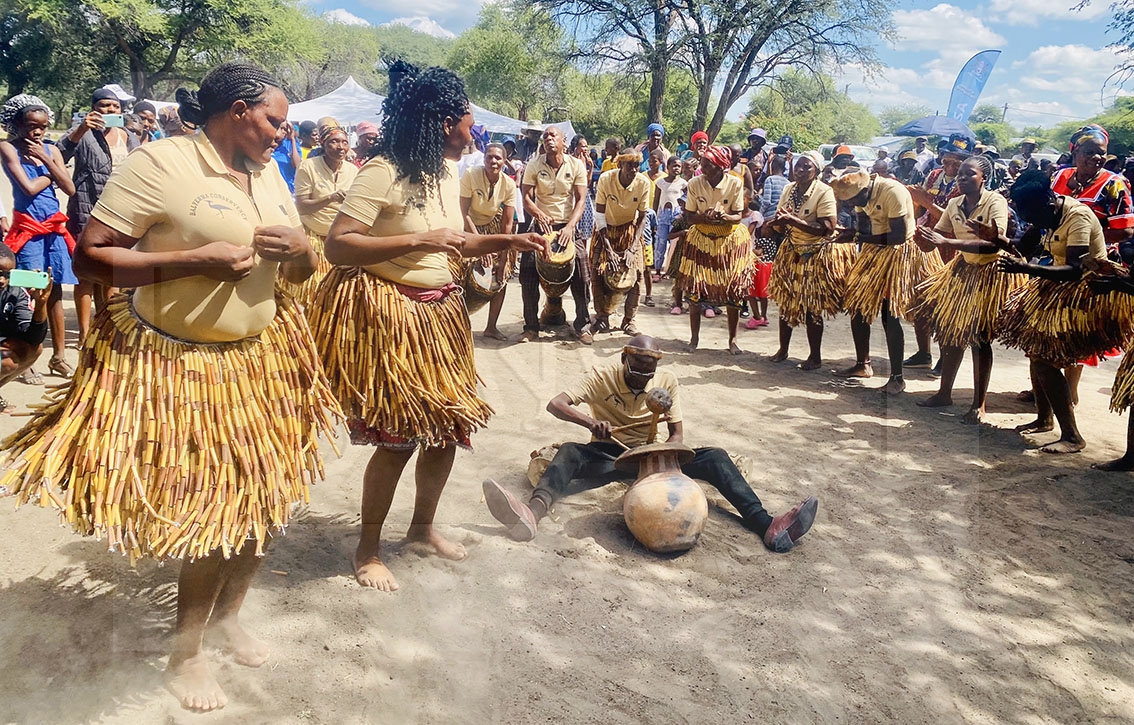Baherero culture unites BotswanaNamibia
17 Jul 2019
The Baherero Otjiserandu cultural commemorations have been hailed for uniting Botswana and Namibia.
The annual cultural event, which is commemorated in both countries, also paid tribute to the Baherero forefathers.
Tsau in Ngamiland District holds a significant part of the Herero history since some Herero war veterans were buried in the village.
It is against this background that the Baherero from the two countries gathered in Tsau to honour their forefathers and celebrate their culture.
The second day of Otjiserandu was designated to visit the graves of their forefathers.
The councillor for Tsau, Gaokgakala Letswee urged attendants to develop the open space where the annual event was hosted to a cultural village, which would benefit not only the Baherero but the entire Tsau.
He also appealed to Baherero to ensure the Otjiserandu commemorations attracted many people regardless of ethnicity.
Letswee appreciated Baherero chief from Namibia and his delegation for honouring the event.
Dr Uhungirua Marenga, Otjiserandu general secretary from Namibia, who is also a university lecturer, said the event cemented the relationship between the Namibian and Botswana Herero descendants.
Dr Marenga said the Otjiserandu event upheld the Baherero culture by remembrance of their fathers through traditional rituals.
She said the first day included slaughtering of an animal to share with the ancestors while the second day was dedicated to visiting the graves of their forefathers.
Otjiserandu Major General, Festus Kamburona from Namibia observed that Otjiserandu meant the colour red which was adopted to distinguish the Herero from the Nama tribe during war since both tribes were initially symbolised by a white colour.
Major General Kamburona noted that the Otjiserandu cultural movement began after the death of Baherero chief, Samuel Mahero and thereafter continued from generation to generation.
Dr Maria Katjaita from Otjserandu, Namibia, on the other hand pointed out that the German government had acknowledged its role in the massacre of the Baherero.
Dr Katjaita said the German government has agreed to compensate the Baherero for the loss caused by the genocide.
She, however, said negotiations were stalled since the two parties could not distinguish the amount to be compensated and the actual cause to be compensated for.
The German genocide on the Baherero and Nama between 1904 and 1908 led to the death of many Baherero and some sought refuge in countries such as Botswana. ENDS
Source : BOPA
Author : Kedirebofe Pelontle
Location : TSAU
Event : celebration of culture
Date : 17 Jul 2019






